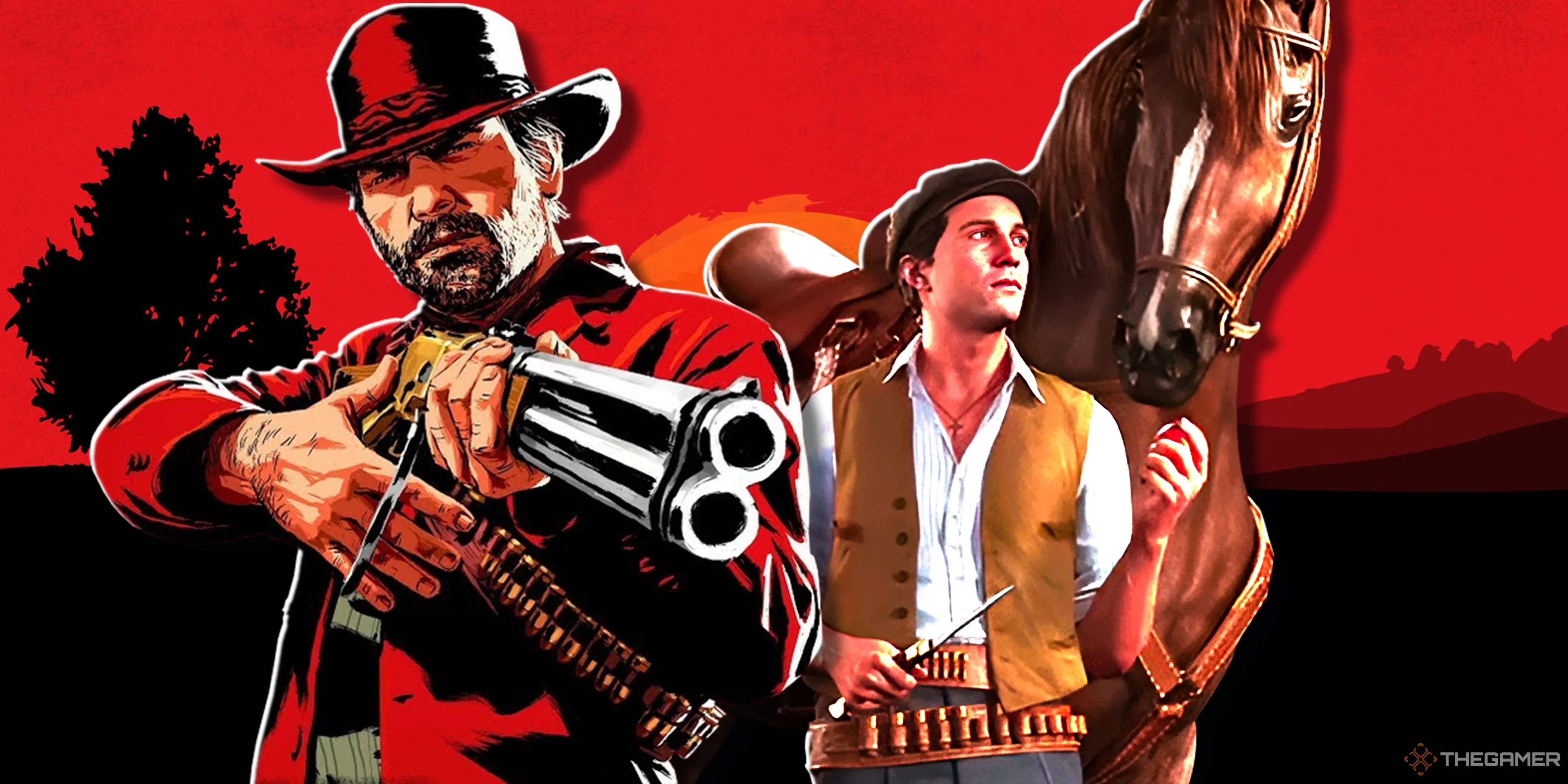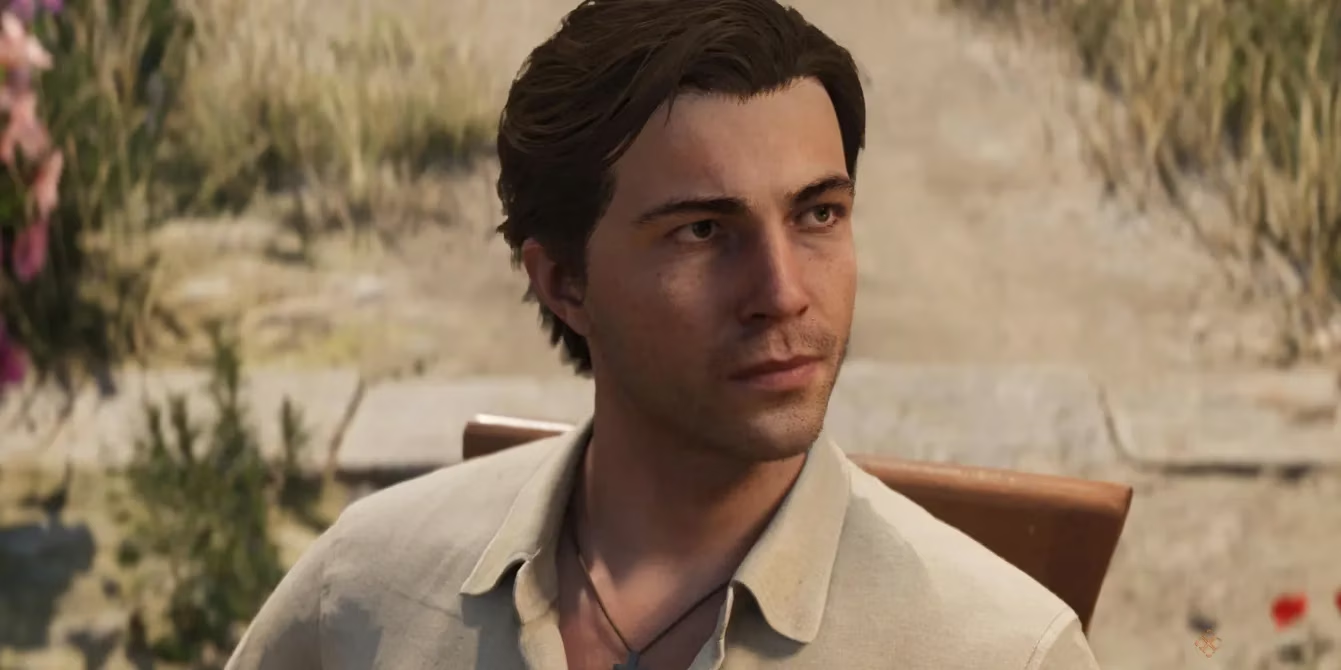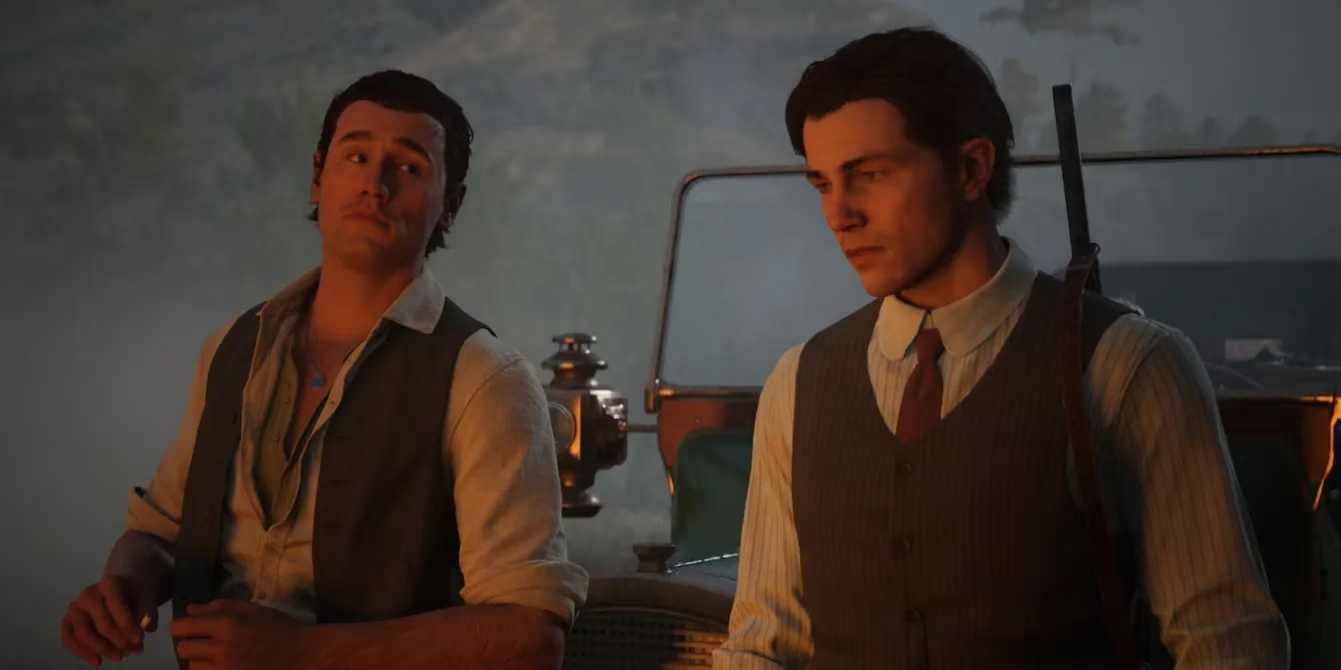Mafia: The Old Country - Why RDR2 Comparisons Miss the Point
Mafia: The Old Country offers a compelling, narrative-driven Sicilian crime drama with authentic dialogue and immersive storytelling, distinct from sandbox games like RDR2.
As I gallop through the sun-drenched Sicilian countryside in Mafia: The Old Country, Enzo's horse kicking up dust while he debates family loyalties with fellow mobster Cesare, I can't deny the familiar twinge of Red Dead Redemption 2 nostalgia. Yet here's the bitter espresso truth: comparing these two games is like contrasting a finely crafted opera with a Broadway musical. Both spectacular in their own right, but fundamentally different artistic experiences demanding distinct appreciation. The outrage swirling since last week's launch feels misplaced when you understand developer Hangar 13 deliberately crafted a linear narrative masterpiece rather than a sandbox simulation. That gorgeous Italian landscape isn't meant for chaotic exploration—it's a meticulously painted backdrop for a Shakespearean crime drama unfolding at your fingertips.

The most baffling criticism? The absurd uproar over swimming mechanics. Detractors shriek 'You can't even swim!' as if missing aquatic animations invalidates the entire experience. Frankly, when immersed in Enzo's brutal rise through the ranks of early 1900s Sicilian organized crime, splashing through rivers ranks low on my priority list. Does it slightly break immersion when your character awkwardly wades instead of diving? Occasionally. But demanding Rockstar-level environmental interaction from a narrative-focused game misses its entire purpose. That horse you're riding isn't meant for hunting legendary fish or tracking dinosaur bones—it's a mobile theater stage where alliances fracture and vendettas simmer during those magnificent journey dialogues.

Let's dissect those deliciously controversial ride-and-talk sequences everyone obsesses over. Galloping toward a vineyard to collect protection money while Enzo reminisces about his father's failed bakery? That's where The Old Country's soul truly shines. Unlike RDR2's sprawling frontier conversations, these Sicilian exchanges feel tighter—more urgent. You're not cataloging wildlife; you're absorbing mafia politics through clenched teeth and coded threats. The vocal performances drip with authentic Italian cadence, making even mundane errands like chaperoning the don's daughter pulse with tension. When Cesare casually mentions settling an old debt during these rides, your stomach knots knowing violence will inevitably follow. That emotional resonance? That's what lingers when the credits roll.
Of course, parallels exist beyond horseback chats. The stealth mechanics occasionally feel as rudimentary as Assassin's Creed 1's haystack hops, and shootouts follow familiar cover-based formulas. While the story hits classic mafia tropes—ambition! betrayal! family honor!—it lacks Sopranos-level psychological depth. But criticizing it for not being RDR2 is like faulting a dagger for not being a broadsword. Each weapon serves different combat styles. The Old Country's brilliance lies in its economy of scale. Instead of drowning players in 200 square miles of wilderness, it funnels you through carefully curated vignettes where every olive grove and stone villa serves the narrative. That opening sequence in Corleone's moonlit piazza? Pure visual poetry establishing tone better than any open-world checkbox ever could.

Playing both back-to-back reveals fascinating contrasts in world philosophy. RDR2's Saint Denis teems with independent lives unfolding around you—a dynamic ecosystem. The Old Country's Palermo? A striking diorama where every beggar, priest, and street sweeper exists to reflect Enzo's crumbling morality. When you smash a shopkeeper's window for withholding payments, the world doesn't organically react; it deliberately emphasizes your character's destructive path. This isn't inferior design—it's different narrative instrumentation. Sometimes I crave RDR2's freedom, but other times I relish The Old Country's laser focus, especially during that haunting confession booth scene where Enzo's voice cracks recounting his first murder. No open-world distraction could amplify that moment's raw power.
Ultimately, The Old Country succeeds precisely where it diverges from RDR2's blueprint. It trades frontier freedom for operatic intimacy, swaps hunting challenges for familial obligations, and replaces campfire songs with tense negotiations over grappa. Does its smaller scale show budgetary constraints? Undoubtedly. But judging this exquisite crime tapestry against gaming's most expensive production feels profoundly unfair. So saddle up, leave comparisons at the docks, and let Sicily's tragedy consume you. Just don't expect to go fishing afterward.
❓ Frequently Asked Questions
Q: Is Mafia: The Old Country basically a Red Dead Redemption 2 clone?
A: Absolutely not—it's like comparing The Godfather to a Western. They share atmospheric similarities and horseback conversations, but The Old Country focuses entirely on linear storytelling rather than open-world freedom.
Q: Can you explore freely like in RDR2?
A: Regrettably no. The gorgeous Sicilian landscapes serve as narrative backdrops rather than sandboxes. You'll ride through stunning environments during missions, but spontaneous exploration isn't part of the design philosophy.
Q: Why can't my character swim properly?
A: The developers prioritized narrative immersion over environmental interactions. While wading exists, full swimming animations were deemed unnecessary for the story-driven experience. Honestly, after playing 20 hours, I never missed it.
Q: How do the 'ride and talk' sections compare to RDR2?
A: They're more condensed and thematically darker. Instead of meandering campfire stories, you'll dissect mafia politics and family betrayals while traveling—arguably more tense and character-driven than RDR2's leisurely chats.
Q: Should I buy this if I loved Red Dead Redemption 2?
A: Only if you appreciate tightly scripted narratives over open-world freedom. Temper expectations: come for the emotional character drama and Sicilian atmosphere, not wilderness simulation. Personally? I found its focused intensity refreshing.